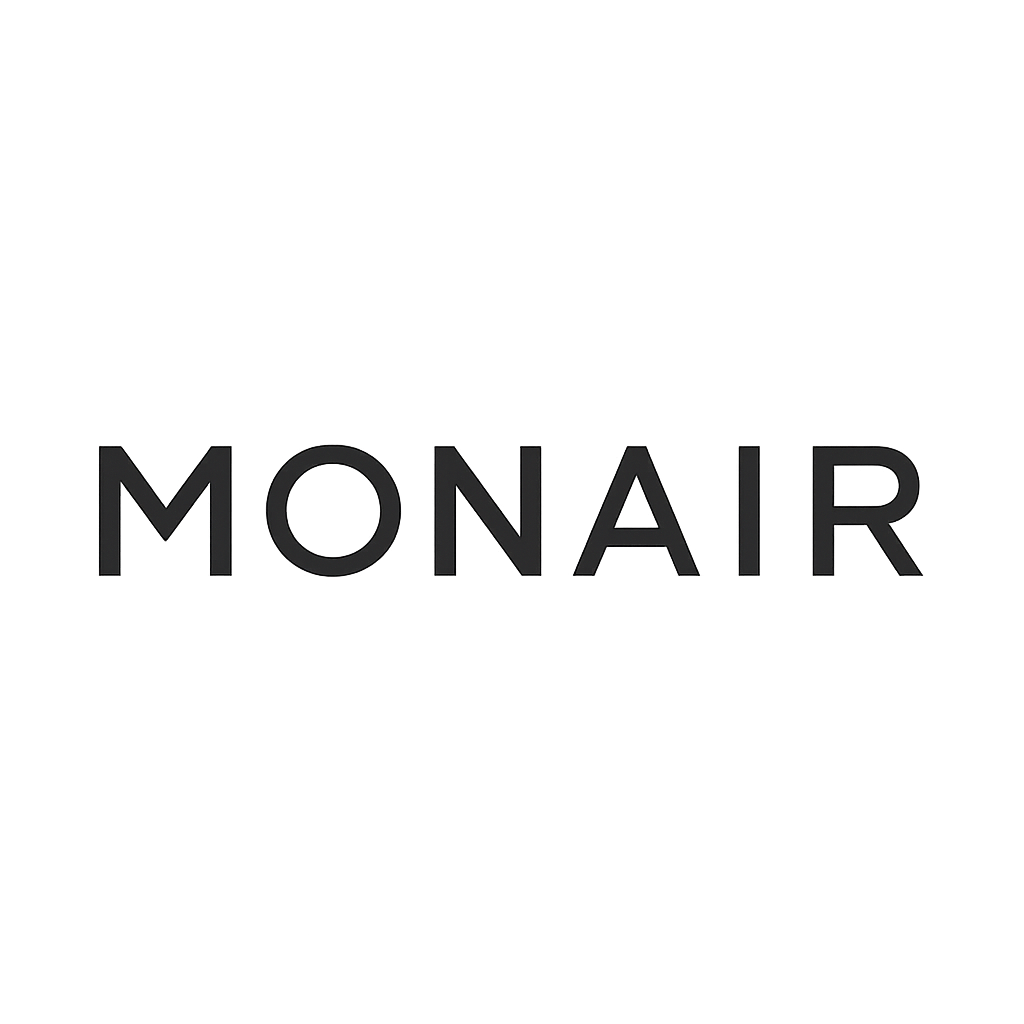About Me
From Symptoms to Systems
I was born and raised in Boulder, Colorado—a setting that nurtured an early appreciation for movement, exploration, and vitality. Yet, even from birth, my body presented challenges that traditional frameworks struggled to explain. I lived with autoimmune dysfunction, pervasive inflammation, and a level of chronic eczema so severe it disrupted not only my physical comfort but my cognitive and emotional development.
At eight years old, I initiated a dramatic nutritional shift—eliminating gluten and transitioning to a Mediterranean-based dietary pattern. Though I lacked the scientific vocabulary at the time, I quickly understood the transformative power of internal systems. My symptoms abated. My thinking cleared. That was my first encounter with the profound link between biological inputs and functional outcomes.
A Life in Motion
Sport became both outlet and identity. I trained competitively from a young age and earned a collegiate position as a soccer player at Colorado Mesa University. Later, I transitioned to the professional level while completing my undergraduate education in Cognitive Neuroscience and Molecular Biology at the University of Colorado Denver.
But performance has its cost. Between ages 16 and 24, I sustained five concussions—each compounding the next. What began as transient injuries evolved into persistent dysfunction. Cognitive dulling. Emotional dysregulation. Fatigue that no amount of rest could fix. Despite extensive medical consultation, clear answers remained elusive. So I began investigating the questions myself.
Turning Point: Building from Within
When conventional medicine fell short, I turned inward—equipped with academic training but guided by necessity. I became both patient and practitioner in my own recovery. I implemented research protocols in real time, tracked biometrics, tested interventions, analyzed EEGs, optimized sleep, and iterated continuously.
This wasn’t theoretical. It was embodied systems science. I became fascinated by the interplay between neurophysiology, metabolism, autonomic regulation, and behavioral feedback loops. I examined how inputs—nutritional, environmental, psychological—interfaced with outputs: cognition, energy, resilience, and identity.
Eventually, my insights began to serve others. Athletes. Colleagues. Friends. High-performers experiencing the same fatigue, fog, and dysregulation I once navigated. And the protocols worked.
That’s when I realized: this wasn’t just about recovery—it was about redefining what recovery could mean.
Where I Am Today
I now serve as Director of a neuroscience-driven wellness clinic, where we specialize in systems-based recovery for individuals with complex neurological and physiological presentations. Our work integrates WAVi EEG, autonomic testing, biomarker analysis, and metabolic profiling to inform personalized, evidence-based care.
The majority of our patients are navigating traumatic brain injuries, cognitive impairment, neuroimmune conditions, metabolic dysfunction, and cancer-related fatigue. They come searching for clarity after conventional care has failed them. What we provide is a structured, science-informed path forward—centered on data, driven by outcomes, and built around the individual.
This work is deeply personal. I didn’t simply study adversity—I lived it. My career is the convergence of lived experience, scientific inquiry, and strategic design. I don’t offer generic solutions. I architect cognitive recovery maps—protocols grounded in biology and tailored for real-life application.
Introducing MONAIR
Pronounced: mone-air
MONAIR is the next evolution. It is a performance platform designed to bring neuroscience out of the lab and into people’s lives. Rooted in clarity, breath, and motion, MONAIR is where high-performance meets healing—where data meets design.
We build personalized protocols. We develop interventions backed by literature and informed by lived experience. And we do it to help people not just recover, but reimagine what they’re capable of—mentally, physically, and professionally.
MONAIR isn’t just a name. It’s a strategy. A system. A new standard for brain-based performance and longevity.

